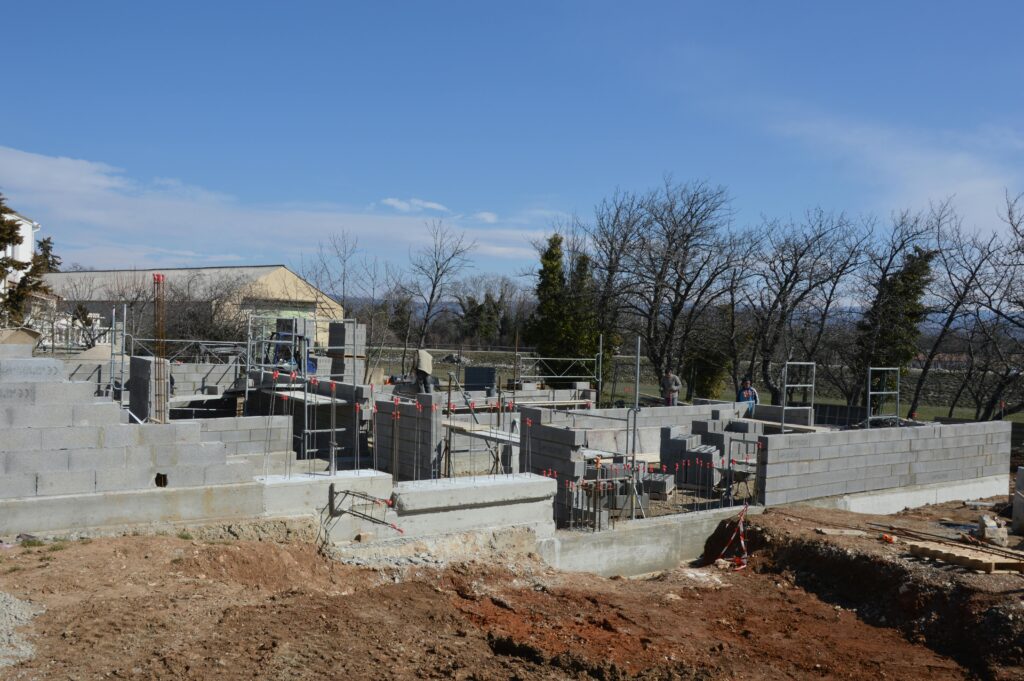How do we minimize the environmental impact of concrete?

Concrete is the foundation of construction in cities, towns, and rural areas. Although it is considered indispensable in modern society, it significantly contributes to environmental pollution. From the release of CO2 during production to the depletion of natural resources, concrete has a notable ecological footprint. However, there are ways to minimize the environmental impact of concrete with a few clever measures, which we will discuss here.
Innovation in Concrete Mixes
Can we do something for the concrete itself? Yes, the carbon footprint of concrete blocks can be significantly reduced by adding innovative, environmentally friendly materials to the mix. Think of recycled glass or fly ash, which can replace traditional, often environmentally harmful materials like cement. This substitution not only maintains the structural integrity of the concrete but, in some cases, also improves its durability and resistance to certain types of wear.
Produce Locally, Save Globally
Transportation has a significant impact on the environment. Producing concrete blocks near the final construction site not only reduces transportation costs but also CO2 emissions. Local production means shorter transport routes, leading to less environmental impact. This is an excellent condition for producing high-quality concrete at environmentally friendly prices!
Smart Reuse of Molds
Start with sustainability at the source and build more eco-friendly with Betonblock moulds. Sustainable, reusable concrete molds can significantly reduce concrete waste while taking efficiency to a new level. The great thing is that high-quality molds can be used repeatedly for different projects. This not only saves material but also reduces production costs and environmental impact.
Discover the benefits of betonblock.com for environmentally friendly and efficient construction projects! Reduce concrete waste, improve efficiency, and minimize your ecological footprint.


